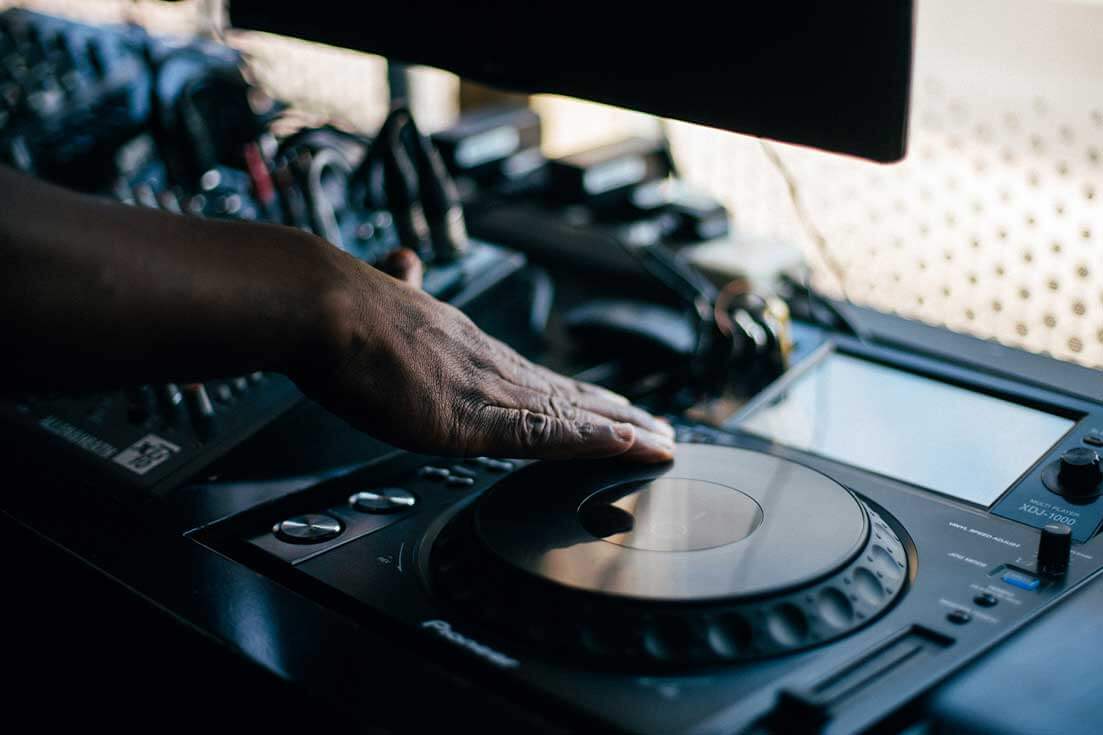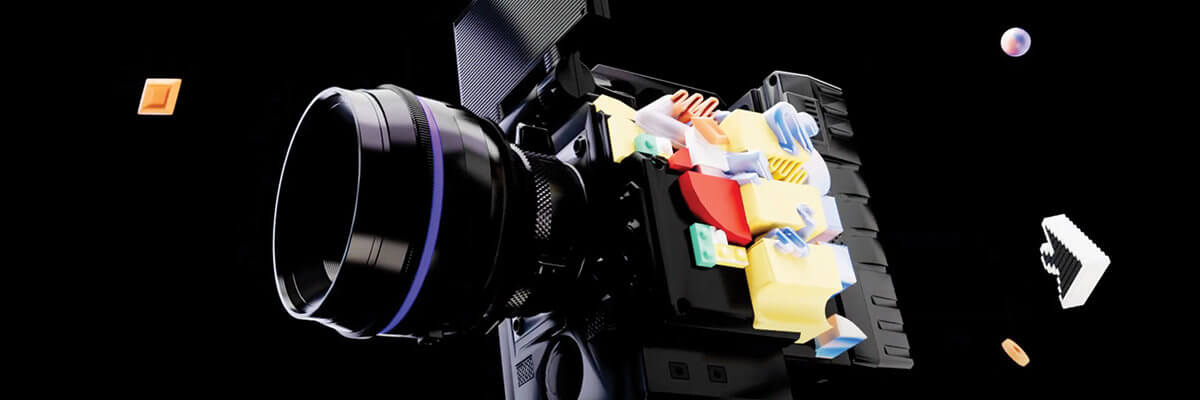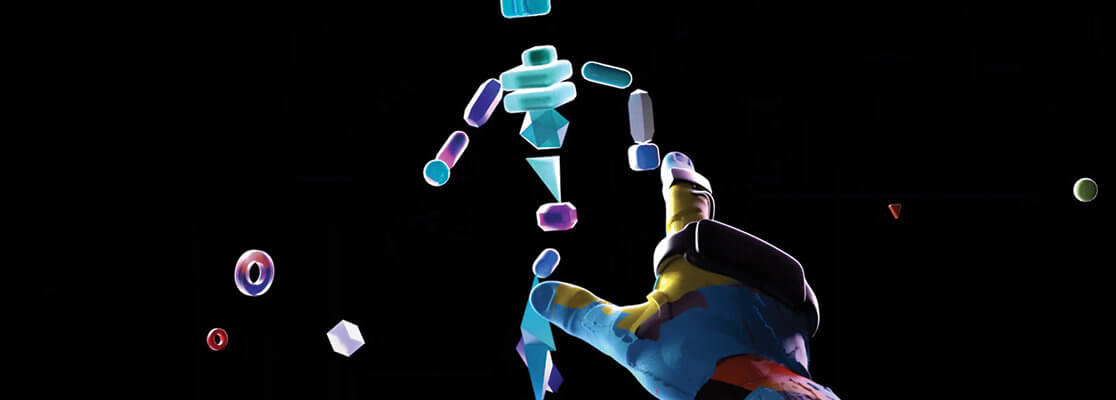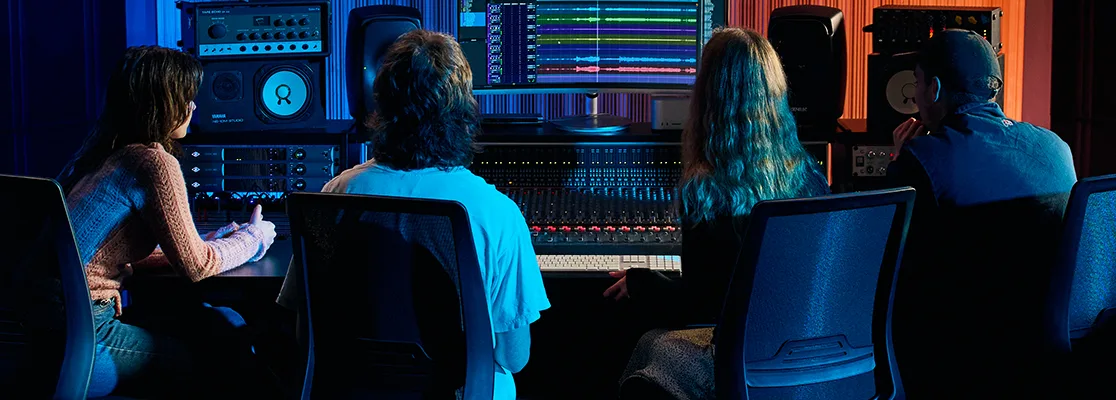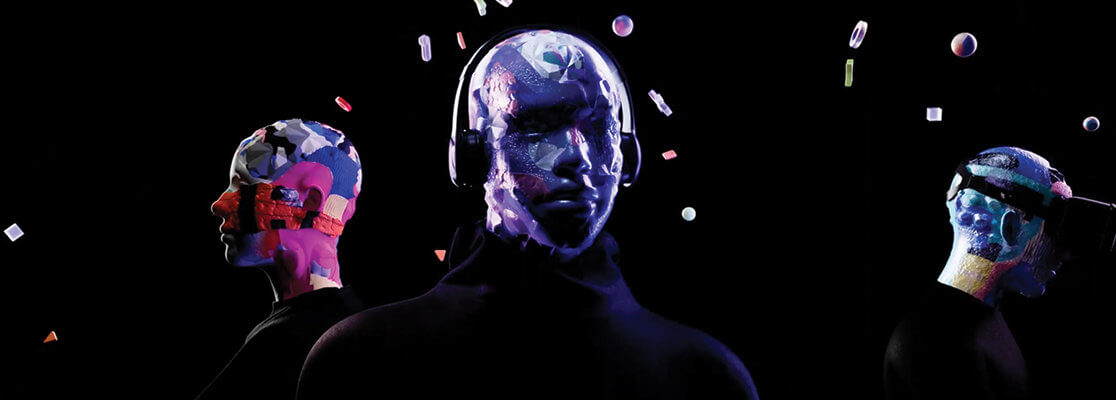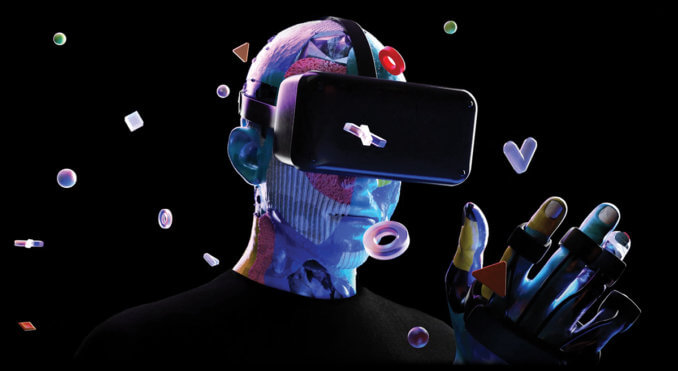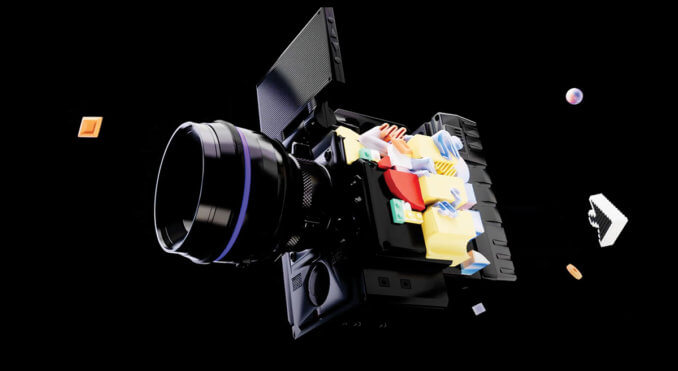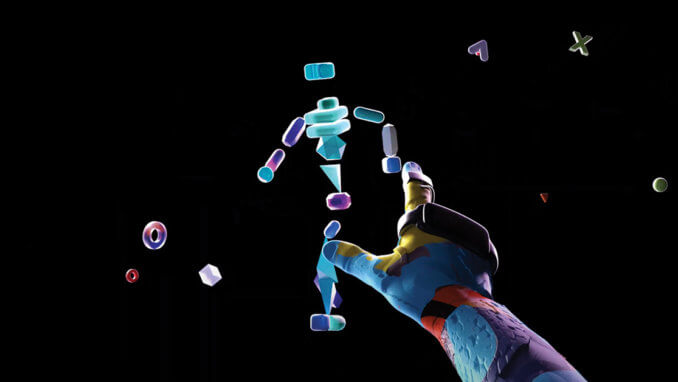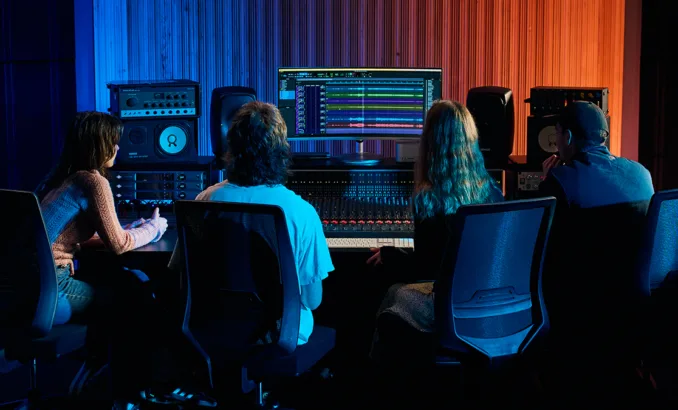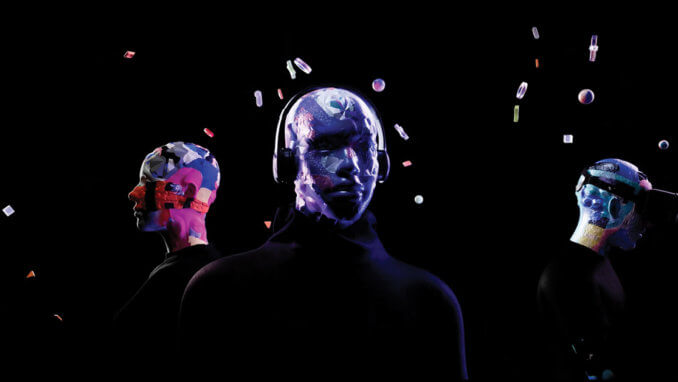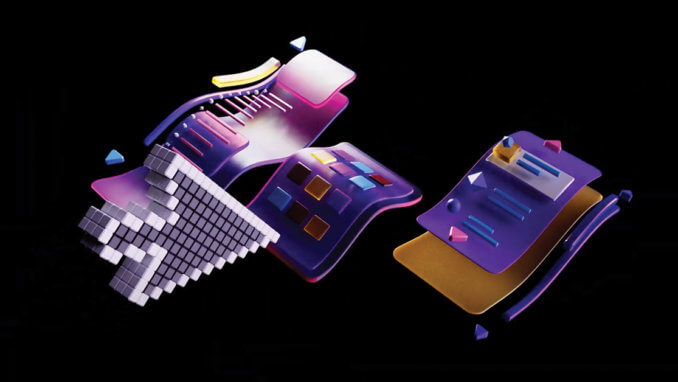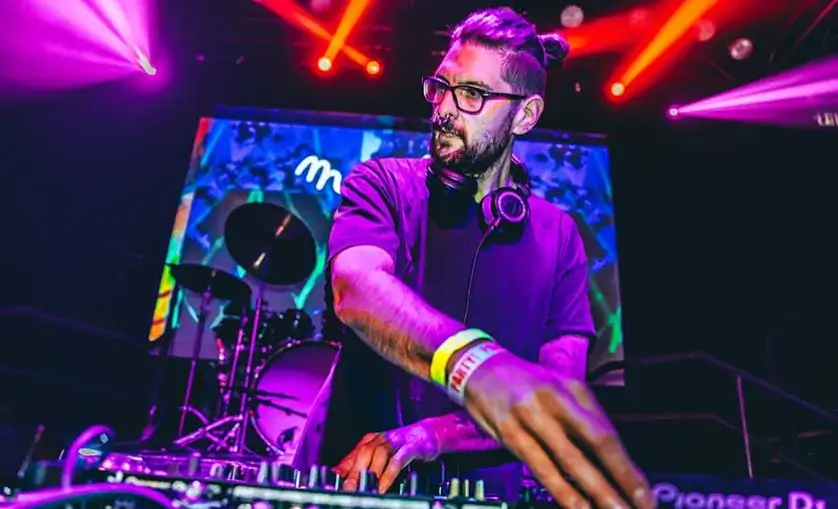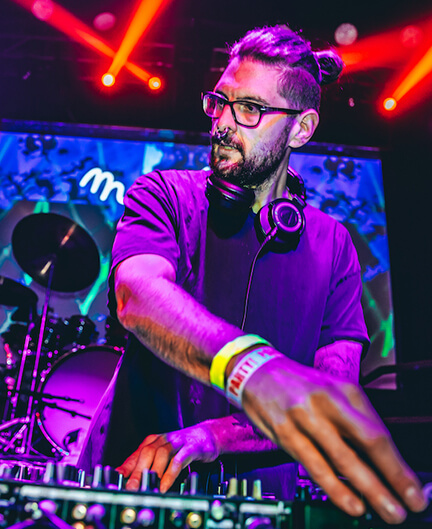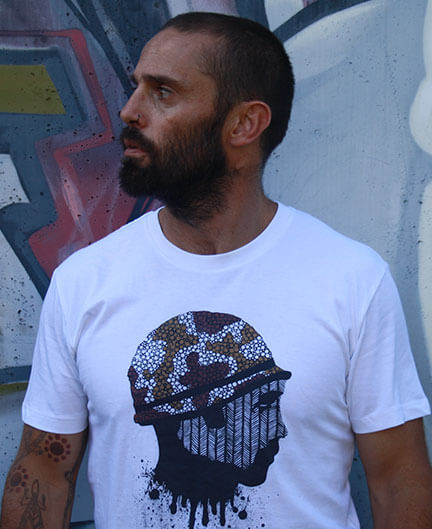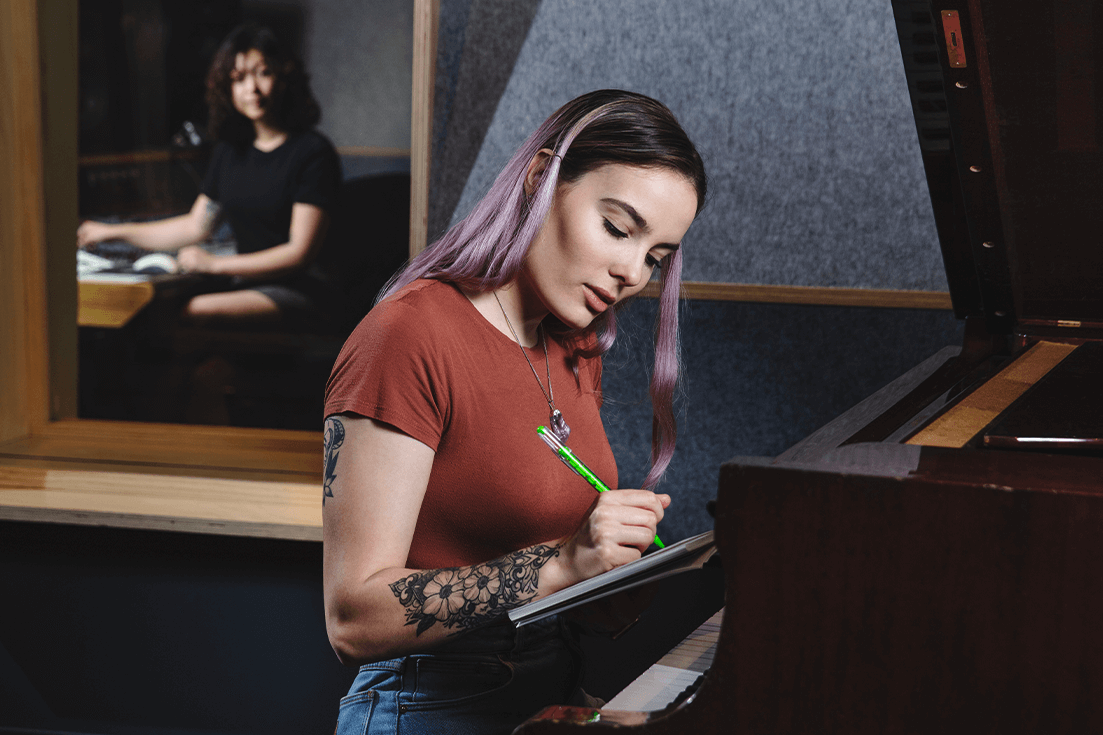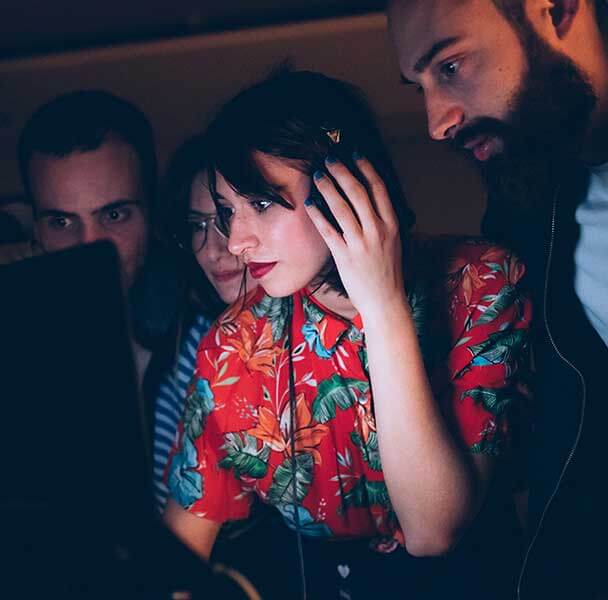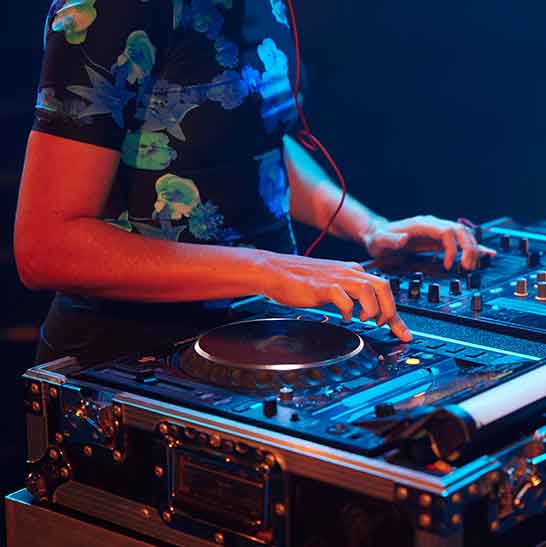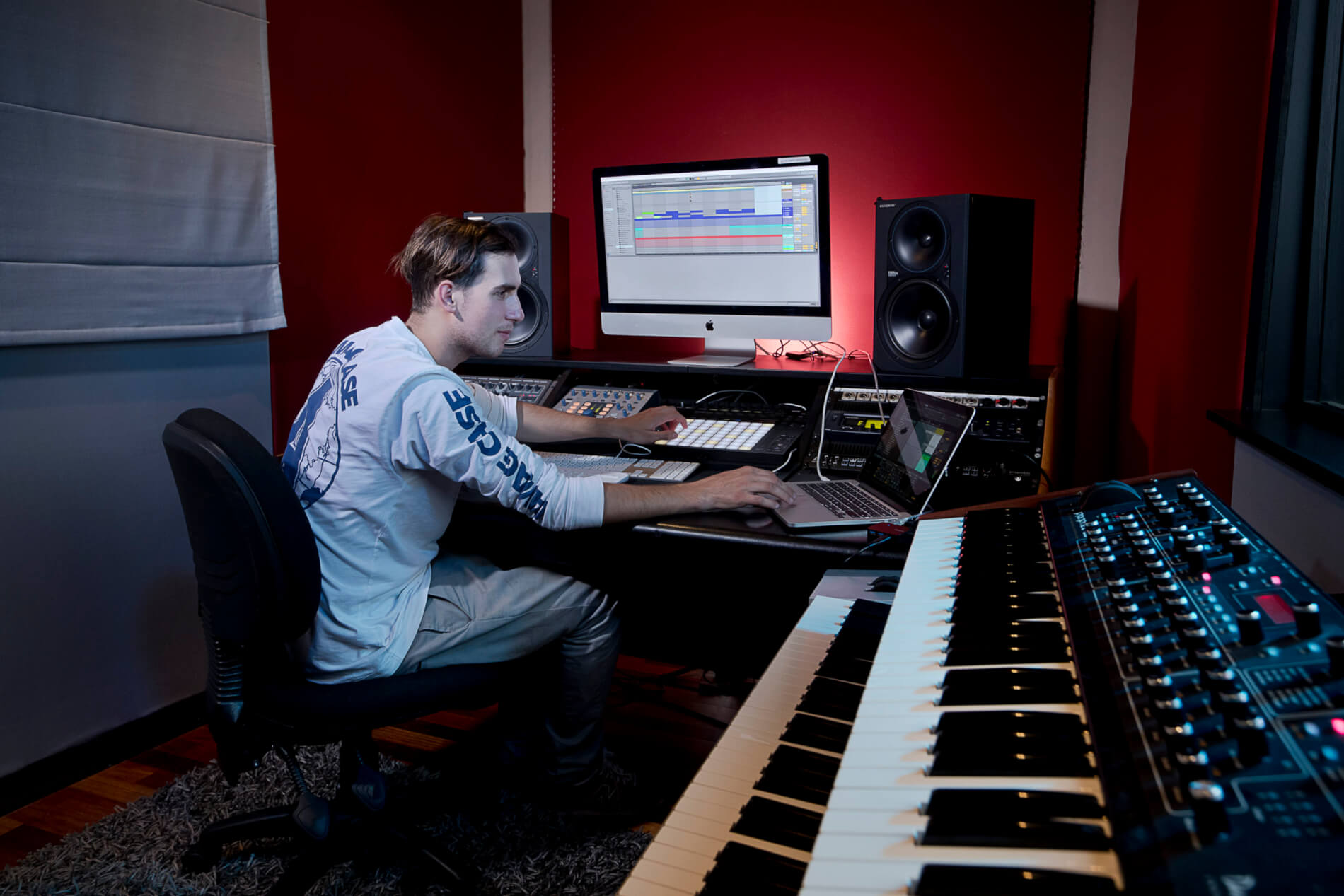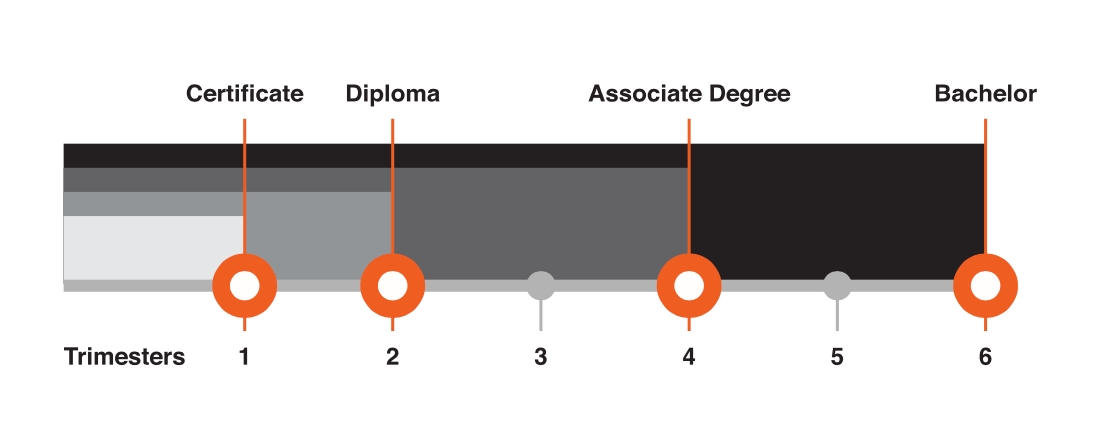Bachelor of Music
Do you see yourself on stage in front of thousands?Producing beats and EDM hits?
Working in a studio producing records? Building and designing your own live events?
Then studying Music at SAE is where you need to be.
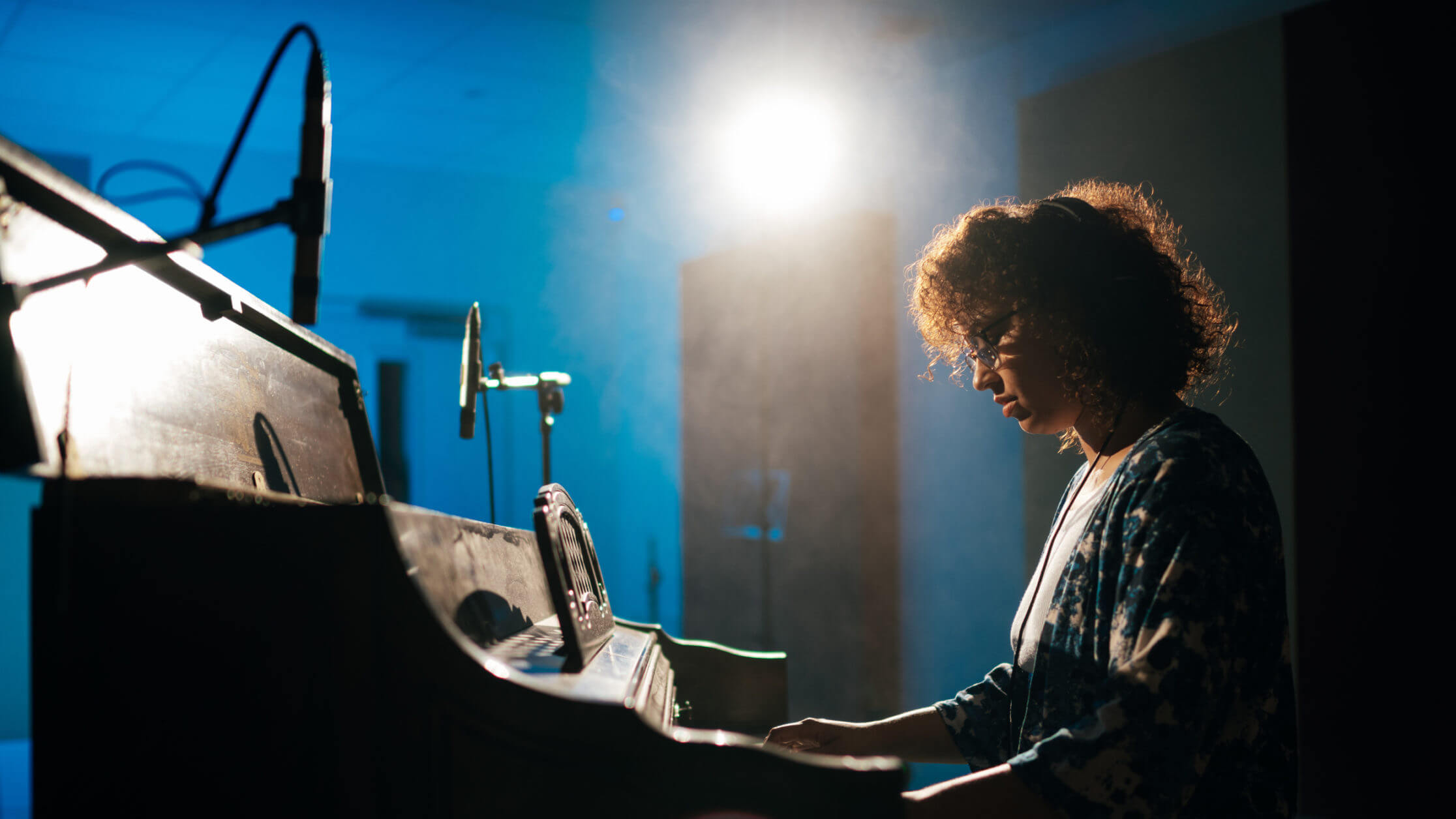
Units x Costs ($AUD)
4 x $3,807
18 x $2,728
1 x $5,456
Indicative Annual Course Fees*
(based on 1.0 EFTSL)
$26,140 AUD Year 1
$21,824 AUD Year 2
$21,824 AUD Year 3
Plus Student Services and Amenities Fee (SSAF)
Indicative Total Course Fee*
(based on 3.0 EFTSL)
$69,788 AUD
Plus Student Services and Amenities Fee (SSAF)
* The Indicative Total Course Fee & Indicative Annual Course Fees reflects that students are charged fees on a per unit basis and the fee for a unit may increase.
For more information view the SAE Fee Schedule or visit the Fee & Payment page.
Units x Costs ($AUD)
4 x $4,439
18 x $3,178
1 x $6,356
Indicative Annual Course Fees*
(based on 1.0 EFTSL)
$30,468 AUD Year 1
$25,424 AUD Year 2
$25,424 AUD Year 3
Plus Student Services and Amenities Fee (SSAF)
Indicative Total Course Fee*
(based on 3.0 EFTSL)
$81,316 AUD
Plus Student Services and Amenities Fee (SSAF)
* The Indicative Total Course Fee & Indicative Annual Course Fees reflects that students are charged fees on a per unit basis and the fee for a unit may increase.
For more information view the SAE Fee Schedule or visit the Fee & Payment page.
Complete your course faster by studying units across 2 years (6 trimesters).
Complete your course faster by studying units across 2 years (6 trimesters).
Complete the study units across 2.5 years. (8 trimesters).
Whilst still classified as a full-time study load, you will complete course units over a 3 year period (9 trimesters).
If you want to take a little longer, that’s ok too. We’ll help you work out the best study load to suit your needs.
Note: Part-time is not available for international students.
September 2024
February 2025
May 2025
September 2024
February 2025
May 2025
September 2024
February 2025
May 2025
September 2024
February 2025
May 2025
September 2024
February 2025
May 2025
September 2024
February 2025
May 2025
BACHELOR OF MUSIC
Choose the Bachelor of Music and you’ll build all the essential skills for creating a successful career in today’s modern music industry. You’ll learn and apply theoretical knowledge and best practices while accessing studios with cutting-edge equipment.
You’ll gain proficiencies in songwriting, composition, music business and industry, stagecraft, recording techniques and electronic music production and studio music production.
Building on the core skills of a working music professional, the Bachelor of Music at SAE allows you to choose from a pool of electives throughout your study, investigating the following facets of contemporary music:
Songwriting and Music Production
For emerging songwriters, music producers and composers. These elective units focus on songwriting and composition for screen media (films/television/online content) and video games, develop scoring, notation and arrangement skills and learn advanced studio production techniques, including mixing and mastering.
Electronic Music
These electives are perfect if you’re interested in refining your electronic music production skills. From various EDM genres, to Hip Hop and Electronic Pop music, gain a deeper understanding of digital mixing, mastering and sound design, sampling, synthesis, beat programming and various contexts for live electronic music creation.
Music Industry
From artist and event management, to digital music strategies, music exports, industry frameworks, marketing and entrepreneurship concepts. In these electives you will develop a deeper understanding of the dynamic and ever-changing music industry helping drive the success and sustainability of your creative practice in the local and global music industry.
Creative Musicianship
The scope of your creative practice as a contemporary musician is wide, and these electives cover a blend of technology, industry and performance elements. Investigate branding, creative identity and marketing to complement your creative folio. Build performance skills incorporating technology and foster the development of new skills through a self-directed project with mentor guidance. These electives approach creative music making from a future-focused perspective, enabling diverse outcomes and creative work.
The Bachelor’s degree allows you to further develop your specialisation skills and prepares you for entering into the industry. Your growth and development as a creative practitioner will be assessed through the completion of industry-based projects and work placement. This will ultimately help you build a body of work and portfolio to share with potential employers or your first client.
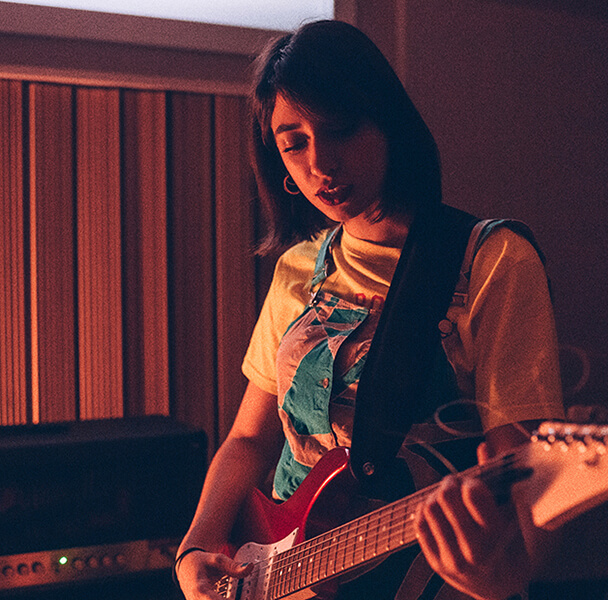
Career Outcomes
What jobs will this course lead me into?
- Songwriter
- Music Producer
- Artist Manager
- Artist / Musician
- Live Musician
- Studio Musician
- DJ
- Electronic Producer
- Content Creator
- Music Entrepreneur
What our students say about SAE
Why study a Bachelor of Music at SAE?
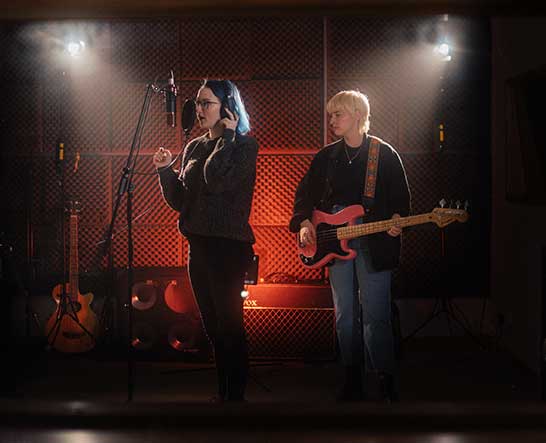
You'll be learning on industry leading equipment and software
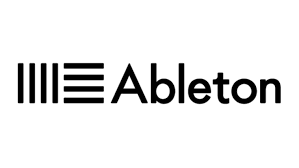
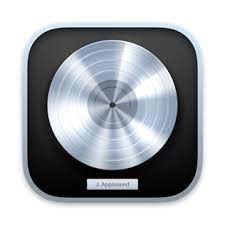


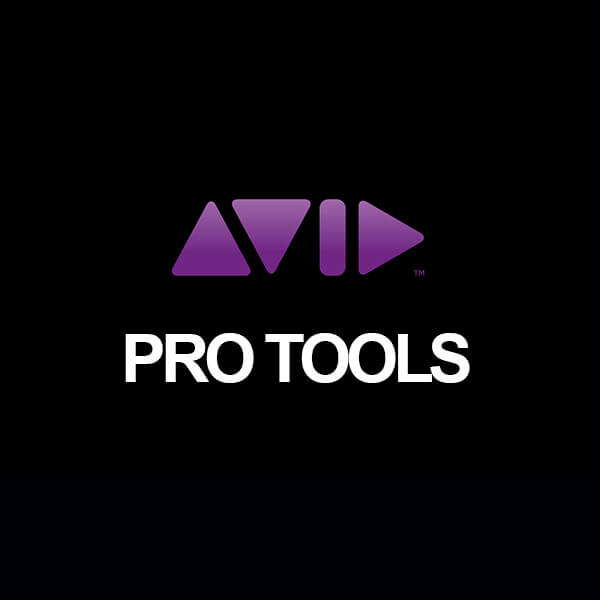
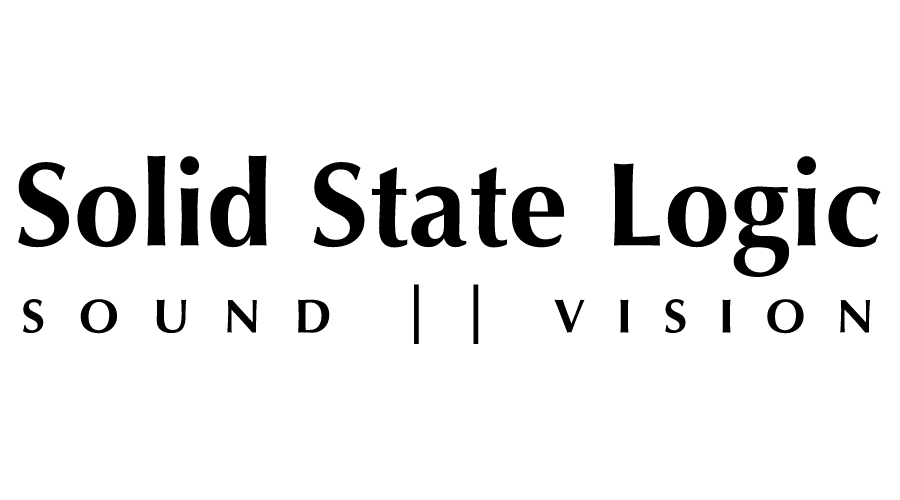

YOUR CAREER IN MUSIC BEGINS NOW
What you'll learn


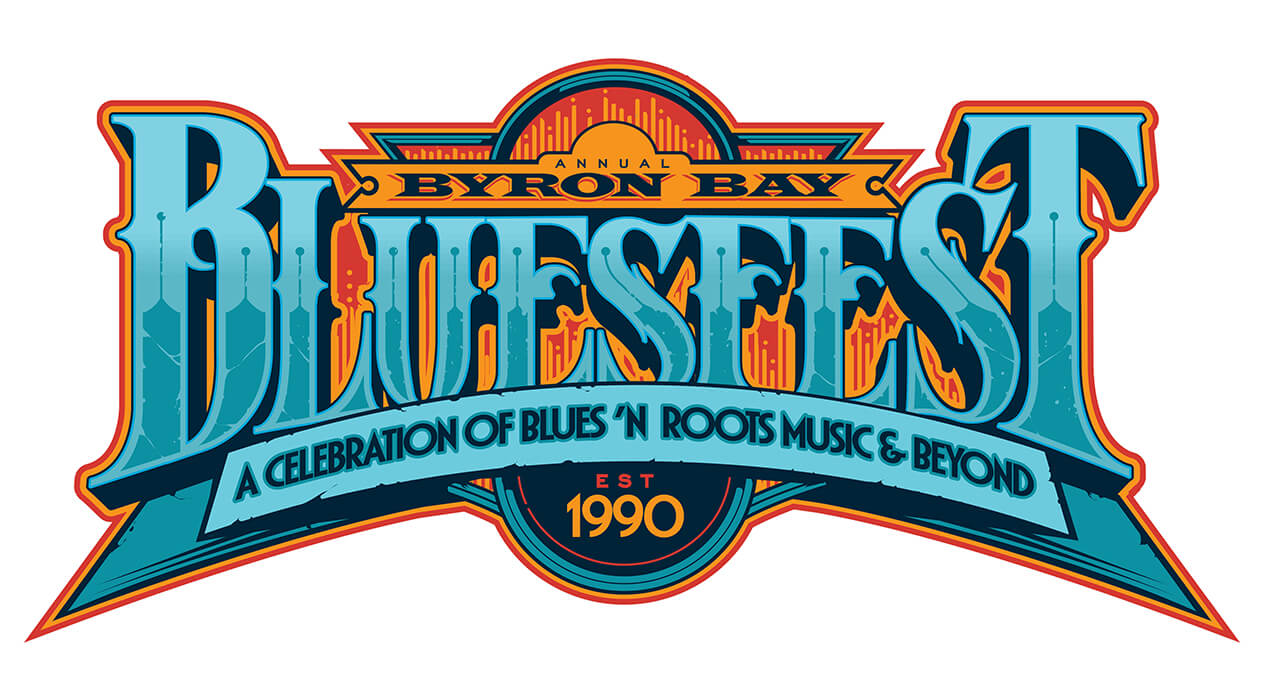
Course Structure
The Bachelor of Music is broken up into three distinct stages, each designed to develop different skills.Building on the core skills of a working music professional, the Bachelor of Music at SAE allows you to choose from a pool of electives throughout your study, investigating focused areas of contemporary music including electronic music, songwriting & music production, music industry and creative musicianship. The Bachelor’s degree allows you to further develop your specialisation skills and prepares you for entering into the industry through your major project and portfolio and work placement.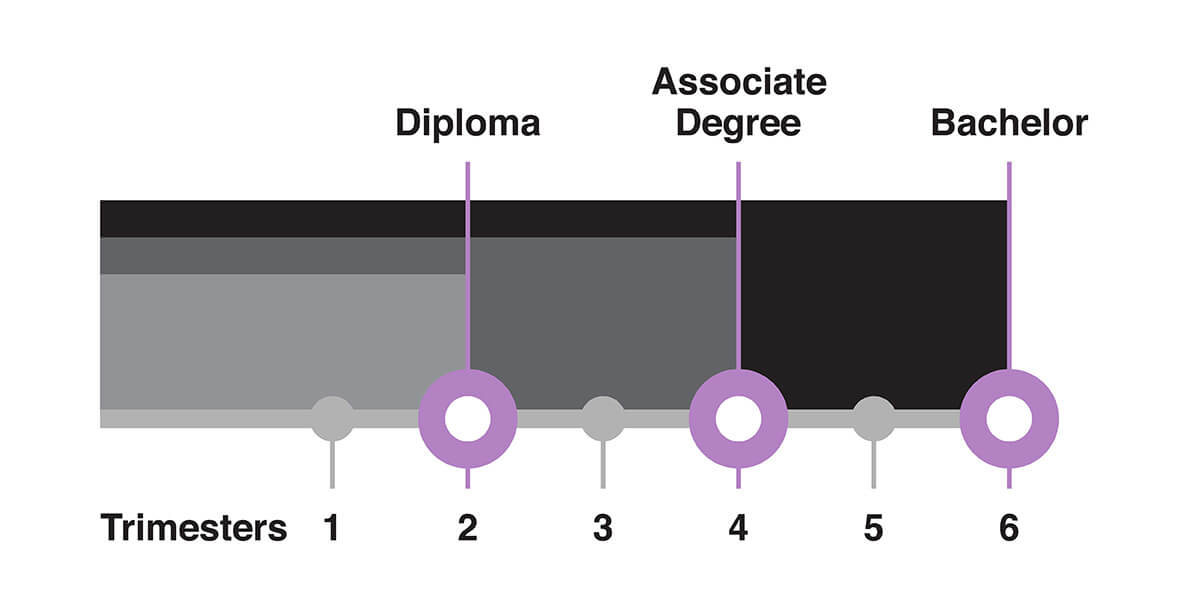
Thinking about Audio will introduce you to creative and scholarly thinking in your discipline. By examining leading thinkers and movements in your discipline, you will develop an understanding of key practical and transferable skills that will enable you to develop a deeper understanding of the learning process, research, and the nature of creativity and scholarship. This forms an essential foundation for your studies and your future career by fostering your skill as an independent learner and reflective practitioner.
This unit will help you develop foundational skills for composing music and lyrics effectively, and effectively and communicating musical concepts in different forms. You will learn to identify, employ and communicate music theory concepts including rhythm, harmony, melody, notation, structure, form, texture and genre, for application in your own creative work. Through iteration, peer review and mentor feedback, students will develop their songwriting skills through the development of several projects culminating in several pieces of music that form the beginnings of a portfolio of works.
This unit introduces you to core skills and concepts of electronic music production. You will work on a range of music projects to develop skills in recording, sampling, sequencing and synthesis. You will develop your abilities across contemporary tools and technologies to produce original music in a DAW using a combination of MIDI and audio manipulation. You will also learn how to produce a variety of sounds to satisfy a brief and add effects to enhance the sonic qualities of your productions.
This unit introduces you to core skills and concepts of studio and analogue music production. Across a range of projects, you will develop skills around microphone techniques, analogue signal flow and engineering techniques, recording and mixing. You will develop your abilities across contemporary tools and technologies to produce original music in a DAW using studio production techniques. You will also learn how to produce a variety of sounds to satisfy a brief and add effects to enhance the sonic qualities of your productions.
This unit explores the concepts of entrepreneurship, innovation and project design. You will develop approaches to identify promising opportunities and actionable strategies to transform them into tangible successes. Through exposure to developing new ideas, processes and ways of working - both individually and in entrepreneurial teams - you will hone skills to put creative ideas into practice and achieve real-world impact.
As Alan Kay explained, "The best way to predict the future is to create it", so let's get at it!
This unit introduces you to the concepts of stagecraft, live music performance and musicianship, production design and the technology used in live-sound production. Musical artists often play a leading role in designing and executing live performances of their music. Live music is both a major source of an artists income as well as a branding and marketing event. Additionally, live sound experience, skills and knowledge can open up regular, well-paid work within the music industry.
Designing and producing a live music performance plays an important role in engaging audiences and creating entertaining experiences. Visuals, costumes, props, lighting and stage design can all contribute to successful music performances and developing these skills in addition to technical audio skills will provide you with a broader range of professional skills. Repertoire, musical arrangements and genre conventions are some of the skills employed by musicians in developing their musical works.
In this unit you will be given opportunities through the project design to collaborate with students from other disciplines and through analysis and planning the unit will culminate in a live event of your own design.
Understanding musical genres is a core skill for successful songwriters and music producers. This module builds on your knowledge of music with a focus on musical genres and styles, genre structure, texture, melody, harmony, and rhythm, as well as aspects of history and social connections.
Knowledge of musical genres is developed through a broad range of activities and projects incorporating analytical listening, transcription, group performance and composition within the specific genres.
In Music Studio 1 you will learn the professional application of a range of songwriting and music production techniques. This includes working with other producers, writers, performers and external musicians to produce a recording, contributing to a sample library, remixing an existing track and working to a commercial client brief. These activities will require you to be adaptive, respond to challenges, solve problems, be self-directed and successfully communicate with others. Through working in these applied contexts, you will deepen your knowledge of songwriting and music production, so that you can respond creatively to a fast-turnaround brief.
In CIM210 you will be working on interdisciplinary projects that relate to some of the most important concepts in contemporary media production. You will learn practical and analytical skills in order to help you develop your creative powers and meet briefs that take you out of your comfort zone. You will need to bring all of the skills you have learned so far: technical skills, research skills, communication skills and a growth mindset, and be prepared to encounter new concepts and new ways of working.
Media and culture are not simply entertainment, but something that affects the “real world”, our everyday lives, and our worldviews. As such, we will not ask whether media accurately reflect the real world but instead ask how media shape, reinforce, and challenge power structures that influence our understanding of the world and ourselves. This unit takes a ‘critical theory’ approach to analyze media and culture. In this unit, you will explore media texts, contexts and meaning, society and subjectivity, pop culture aesthetics, and critical cultural discourses that inform creative media practices.
Drawing on a range of creative content and analytical frameworks, you will be encouraged to develop ways of thinking about media and culture that demonstrate a broad awareness of aesthetic principles and stylistic trends; subjectivity, agency, ethics, and relations of power; contexts, disciplines and discursive formations. In support of this exploration, you will produce a range of media artifacts that explore and contextualize the relationship of media to culture through individual analysis, collaborative and interdisciplinary creative practice, and critical reflection.
Using social media and digital content effectively is crucial for creative media professionals. In this unit you will develop an understanding of what constitutes social media, the activities that it consists of and how creators and audiences connect, collaborate, create, and share content. You will link this understanding with concepts of digital marketing, formulating strategies for social campaigns with a range of content across platforms. These skills will assist you to determine how social media can be utilised in your professional practice
With your facilitator acting as your project manager, mentor and colleague, this studio module will further develop your songwriting and music production skills through a variety of creative projects. Topic areas will include writing for visual and multimedia, music for advertising, writing to a brief, mixing and delivery, critical listening and aural and music skills. You will apply your new skills in a variety of contexts in projects that may include writing music for screen media, topline writing, remixing and reharmonising existing works, music for advertisements and sonic branding.
Responding to briefs in collaboration with your peers, you will work towards established project milestones in your songwriting and music production projects. You will adhere to a planned schedule and demonstrate professional practice throughout the trimester. This process includes focus on the creative, technical and managerial aspects required for a completed music project. You will also have the opportunity to contribute your songwriting and music production skills to an interdisciplinary project, collaborating with students from another discipline. Your finished work will be exhibited in an authentic context.
Musicians engage with their communities in a variety of ways. Often engaging with the community in a holistic, 360-degree fashion is essential to carving out a niche within the industry and developing a long and successful career. Musicians themselves exist within a community including audiences, business partners and other stakeholders, and the community as a whole.
This unit builds on previous studio units in developing your awareness and understanding of the practicing musicians place in, and effect on, the larger community.
Throughout this unit, you will investigate relevant emerging technology such as NoCode, Augmented and Artificial Intelligence, and Machine Learning as they relate to your creative practice. You will have an opportunity to explore topics such as digital literacy, AR/VR, mobile delivery, digital folios, e-commerce, social media, and digital teams.
You will also experience discipline-relevant emerging technologies, including audio and video based applications, locative media, visual and open-source programming principles, and AI-driven multimedia - depending on your interests and chosen creative media specialism.
As a creative practitioner, your ability to engage in interdisciplinary creative activity will transform your approach to media creation. In this unit you will use your various media skills to create multi-sensory approaches to real experiences for audiences, crafting work that allows your audience to feel, see, hear and experience something different.
You will develop skill and understanding of what interdisciplinary collaboration involves, how immersive experiences and the experience economy works, and the steps to take to create a physical multimedia experience. You will focus on practical elements including projection mapping for spaces and video mixing, audience engagement through sensors and triggers, audio integration, and the stages of planning, marketing and execution of an experience for a defined audience and client.
You will also be challenged to apply your discipline skills in new contexts using remote practice, digital communication, cross-discipline collaboration, and creative marketing.
The transition from study to work is an important step for you as an emerging professional in the creative industries. Work Integrated Learning provides you with a professional experience opportunity that both complements and deepens the skills and knowledge you have gained from study. Placement requires a minimum of 80 hours at one or more host organisations.
Major Project Development forms the first component of your Capstone Project. In this unit you will work to conceptualise, plan, design and iterate the development, pre-production and early production stages of a full scale creative project. This will be assessed by two projects: a research component and a production planning component. Together, both of these documents will inform the basis for your CIM330 project, and will identify key moments of production, testing and oeprative cycles designed to help make your creative project a success.
Your class facilitator will work with you to control and guide the scope of your project. This process ensures that by the end of CIM330 Major Project Production you will have a portfolio piece that represents the sum total of your skills and experience, delivered on time and to specification.
The aim of this unit is to introduce you to the core business structures, management frameworks and marketing strategies used by contemporary creative professionals. You will discover the key behaviours and practices of successful creative business people and the business principles they implement – strategies you can use in your own professional practice. This knowledge will assist you in effectively exploring your creative business niche, encouraging you to develop and operate as a sustainable professional within your chosen media field. Through an examination of marketing strategies and processes, you will be able to identify and target specific consumers and markets. You will then research and develop a product- or service-based business that meets the demand within these target markets. You will also develop fundamental marketing, promotional, communication, and financial skills essential to running a creative media business as well as exploring start-up methodologies and structures within the creative industries.
CIM330 Major Project Production, along with CIM310 Work-Integrated Learning and CIM312 Major Project Development, form the final capstone experience of your undergraduate studies. In CIM330, you will build on the project plan and pre-production work that you have completed in CIM312. You will now complete the production and delivery of your final creative work. This will include the execution of the marketing and distribution plan developed in CIM312. Broadly speaking, this unit is about production and exhibition.
You will apply all of the production processes and procedures you have learned over the course of your degree and record these in your Documented Professional Practice as a means of demonstrating your progress and contribution within your team.
In this unit, your final project will now move into its production phase. Over the coming weeks, you will work collaboratively to deliver your creative work. You will apply the processes and standards you have learned throughout your learning at SAE. You will keep a record of this production process via Documented Professional Practice and deliver the production documentation appropriate to your project. Your CIM330 project supervisor will be a reference point for this documentation process.
Your project supervisor will meet frequently with you and your team during the trimester and will work with you to control and guide the scope of your project. This process ensures that by the end of CIM330 Major Project Production you will have a portfolio piece that represents the sum total of your skills and experience, delivered on time and to specification.
Developing new creative skills and improving upon existing skills is an essential part of the creative media practitioner’s professional development. Identifying industry-relevant skills, making an action plan for improvement, and building in a reflective process for future development assists creative practitioners to continually build their skills portfolio.
In this unit you will undertake a skills self-reflection process where you will identify an area you wish to improve upon. Through a study of goal setting and deliberate practice processes, you will plan and implement a personal creative media project to develop these skills under the tutelage of a mentor. Peer and facilitator feedback sessions will help you to tune the projects and examples of great goal setting from industry professionals will be used to guide this personal exploration. Through the completion of this unit, you will develop a practice that can be taken with you and aid your personal and professional life.
In this audio unit, you'll enhance critical listening and technical abilities by comparing and contrasting environments, digital audio workstations (DAWs), and workflows. You will chronologically explore the art of mixing through a variety of styles and gain insights into its contemporary role in music consumption. The course addresses environmental impact on mixes and offers optimisation strategies, allowing you to expand and refine your workflows to service a variety of musical styles and listening environments.
This dynamic and engaging course explores the complex and ever-evolving concept of how musical artists shape their unique visions and identities in the ever-evolving music industry. The music industry is a complex and multifaceted collection of artists and creatives, an understanding of how an artist's vision and theming outside of the music connects with themselves as a creative, along with the organisational media assets is essential for budding artists to be able to forge a successful career and become the professional artists they aspire to be.
Students will develop a package of their own artist identity and the systems to create and evolve as musical artists in the public eye within their own creative work. They will explore the trends within the genres that interest them and the media that impacts how they project their self-image as a musician. They will plan for their future career by identifying career aspirations, targeting goals, and will develop a professional development plan for achieving the vision of themselves as an artist. This unit is designed to explore the creative and personal management aspects of music artists and how they shape their unique identities in the music industry.
The music industry is a complex and multifaceted creative marketplace. An understanding of the fundamental operations of the legal and business side of the music industry is essential for budding artists, managers or entrepreneurs to be able to forge a successful career. Understanding the legal frameworks relevant to monetising music is essential as is building a solid foundation of the common business principles and cultures.
In this unit you will study legal frameworks common within the music industry and the business dealings that form the backbone of the marketplace. You will develop a series of documents you can apply to your real-world practice and gain a basic understanding of the financial management of small businesses.
Music composers and songwriters work across various mediums and collaborate with producers of different media backgrounds. Visual and screen media include feature films, short films, advertisements, social media content and web video amongst many others. Writing to develop and reinforce the content of screen media is a valuable skill set for the working songwriter, composer and music producer.
This unit explores the history and development of screen media composition. Through the study of a variety of works, students will better understand the role of the composer and producer in developing music for screen and visual media. Students will work with interdisciplinary collaborators and write and produce music for a variety of media outcomes.
Composing music for games not only involves music composition and production, but also knowledge of game audio workflows. Additionally, composing and producing music for games differs from composing for other screen media like film and TV. Music in games is driven by interactions and the music and audio in a game responds game respond to the player and interactions. This unit will introduce fundamental techniques and processes to compose music for games from conceptualising, iteration, and implementation. Game engines will be introduced in this unit for you to gain an understanding how music and audio is integrated into games and to consider the technical aspects of music for games.
In this unit you will further build on the foundations of songwriting developed in previous units through a deeper study of lyrics and their connection to harmony, rhythm and melody. You will explore historical works and the development of the craft of lyric writing with a focus on developing your own unique approach to the craft.
Songwriters employ a range of tools and techniques to tell their story and lyrics are often the most direct form of communicating meaning. Through carefully constructed lyrical and musical choices, involving rhythm, harmony and melody songwriters can affect intentional audience responses.
Using electronic tools and workflows to produce music is common practice amongst music producers. Music listeners are also better informed and discerning when it comes to consuming music and engage with music via digital and electronic means. As a music producer, your understanding of music technology and electronic music production methods will be vital in order to stand out from the ever-increasing crowd of music artists. A keen understanding of the history of electronic music and genre is also highly valued in today’s marketplace.
You will gain a practical and theoretical understanding of how music is produced in terms of technology and techniques. Additionally, you will learn to analyse songs in order to understand the genre and subgenre of the music to be able to break it down into elements of music and sound design to then produce music of that genre or subgenre.
Performing live enhances the skills of electronic musicians by providing opportunities to engage with audiences, refine improvisational abilities, and experiment with real-time sound manipulation, thus fostering creativity and expanding their artistic horizons.
In this unit, you will analyse live music performances to grasp the diverse roles of technology onstage, applying this knowledge to composition, sound design, and arrangement. You will design and implement a technology-focused live set, exploring the use of Ableton Live's non-linear sequencer and performance-oriented tools and techniques along with hardware devices and MIDI controllers.
Using techniques of sound manipulation and musical expression you will craft a dynamic and innovative performance. The unit also examines the integration of visual elements to design immersive, multi-sensory experiences for your music venue, club, festival audience, or live-streaming event.
Electronic Dance Music (EDM) is one of the dominant music genres in today’s marketplace. EDM encompasses an entire industry based around music composition, music production, live performance, multimedia and other business ventures.
EDM is a common production request of external collaborators and an understanding of the genres and the various techniques used to create the music is essential to a modern electronic music producer and composer.
In this unit students will engage with a deep dive into the history and development of electronic dance music, and study contemporary EDM music genres and conventions. Through this analysis students will discover the production tools and techniques that are unique to EDM genre production. Advanced techniques in sampling, synthesis, sound design and sonic manipulation will be developed.
Certificate
A certificate course serve as an introduction to an area of the creative industries. Potentially a small number of principles or specific skills can be covered during the course. A certificate can also provide broad contextual learning in the creative industries.
Certificates are a great way to gain an introduction to a field of study or learn a skill. Certificate courses can add to your knowledge and your career.
Diplomas
A diploma is niche skills focussed. By undertaking an SAE diploma in animation, audio, film or games, you will develop foundation skills in these specific discipline areas. Students can use the SAE diploma as a pathway to degree level study at SAE and at other Australian tertiary institutions.
Diplomas are a great option for people who haven’t studied before and/or those looking for an alternative pathway to degree level studies.
SAE Diploma courses attract FEE-HELP for Australian students.
Associate Degrees
An associate degree offers a combination of niche skills combined with a greater depth and breadth of theoretical knowledge and analytical skills. An associate degree offers portable skills and develops sustainable, lifelong learning.
Students can use the SAE Associate Degree as a pathway to degree level study at SAE and at other Australian tertiary institutions. SAE Associate Degree courses attract FEE-HELP for Australian students.
Bachelor Degrees
A bachelor degree offers a rigorous combination of niche skills combined with a greater depth and breadth of theoretical knowledge and analytical skills. This knowledge is applicable to both your creative media discipline and the professional world more broadly.
A bachelor degree offers you an entry point to professional work, builds portable skills, and develops sustainable, lifelong learning. Key high learning skills are a requisite of the bachelor degree and graduate study options are available upon completion.
Bachelor degrees are suitable for people looking to develop professional skills and knowledge and to build long-term, successful careers in their industry of choice. SAE Bachelor Degree courses attract FEE-HELP for Australian students.
FEE‑HELP* is an Australian Government loan scheme that assists eligible fee paying students pay all or part of their tuition fees. It cannot be used for additional study costs such as accommodation or text books. The total amount of FEE‑HELP a person can use is known as the ‘FEE‑HELP limit’.
Once a person begins using FEE‑HELP, the amount of FEE‑HELP they have left to use is known as their ‘FEE‑HELP balance’.
* Terms and conditions apply. For the latest updates regarding FEE-HELP please refer to sae.edu.au/fees
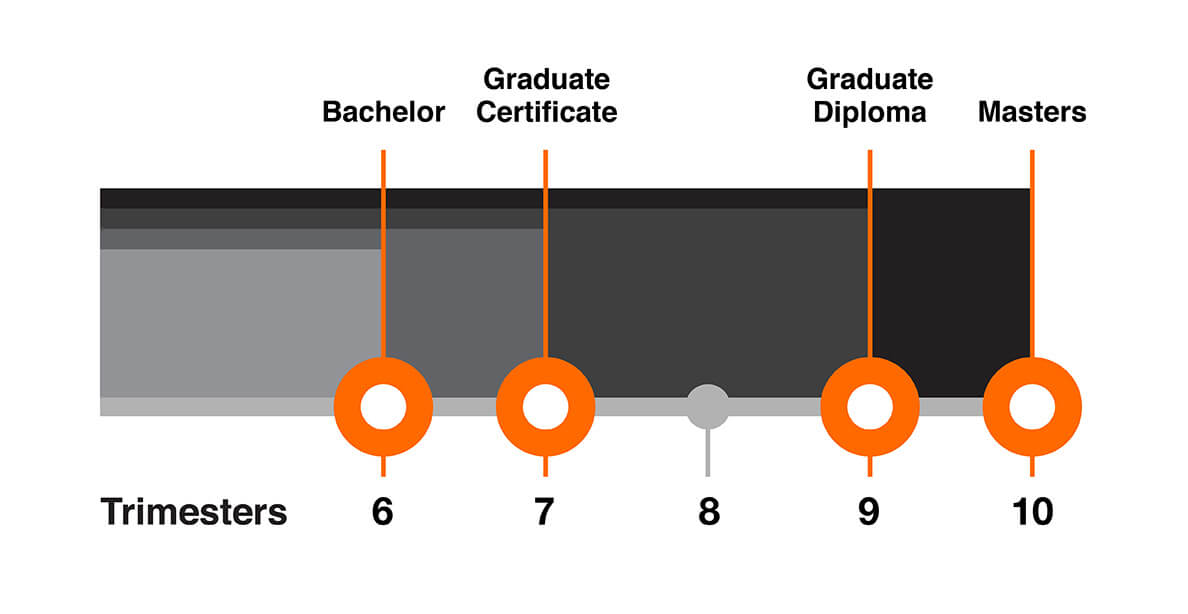
Easy transition into postgraduate courses
SAE Bachelor Degrees are structured in an integrated course framework.
This means that when you complete an SAE Bachelor of Music you will be awarded the maximum credit points available, providing you with the opportunity to seamlessly transition into the higher-level postgraduate qualifications if you choose to do so.
CREDIT AND RECOGNITION OF PRIOR LEARNING
SAE may recognise your prior learning and may grant credit towards satisfying the requirements for a higher-level program. This is applied where previous learning is considered equivalent to the content and learning outcomes prescribed for units within the program.
For full details, please refer to SAE's policy on recognition of prior learning and credit transfers.
